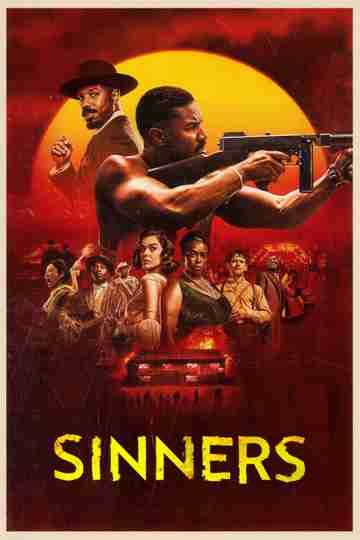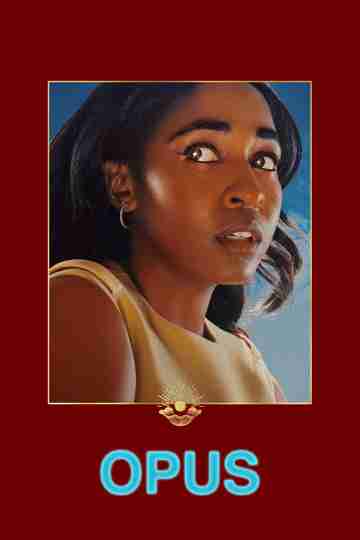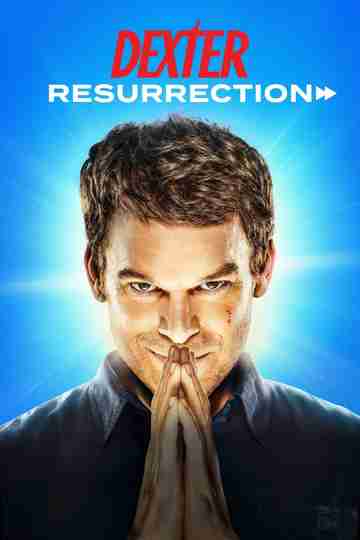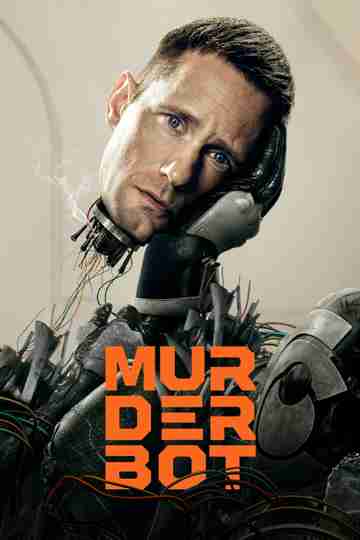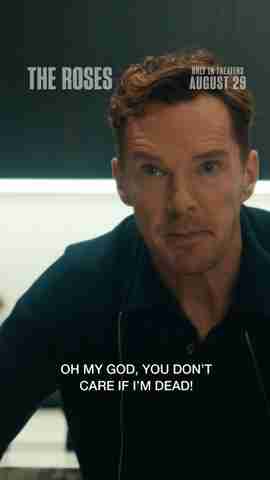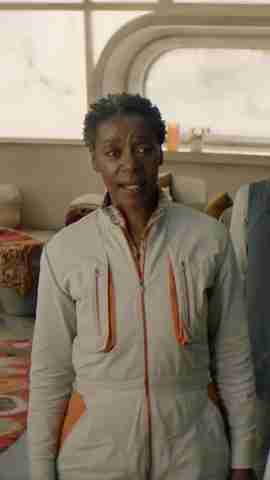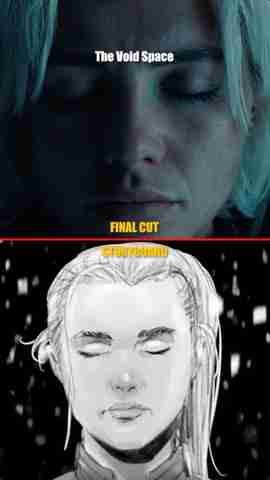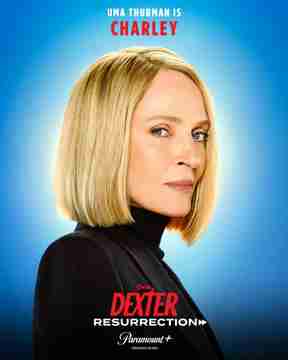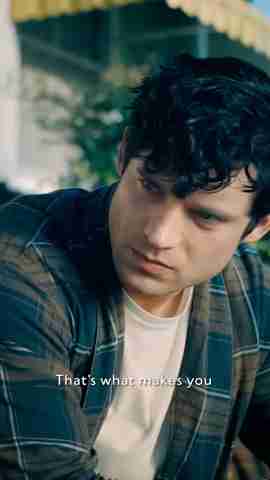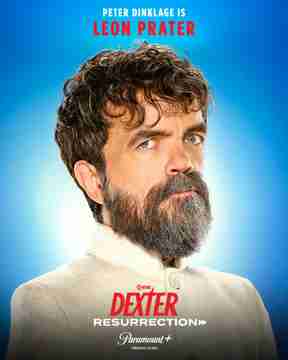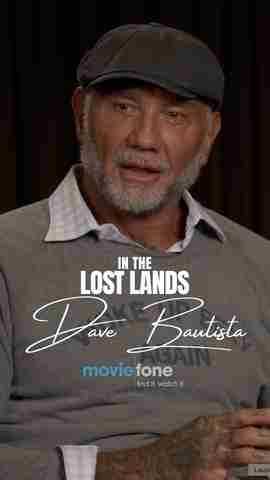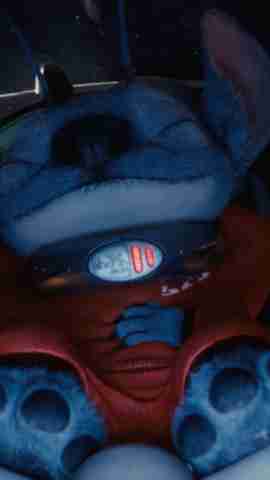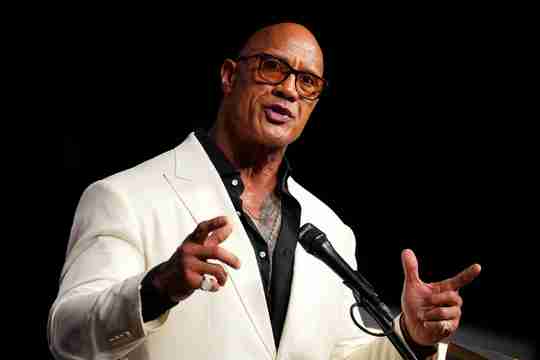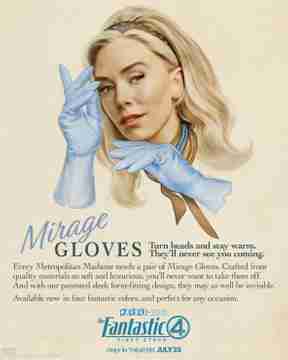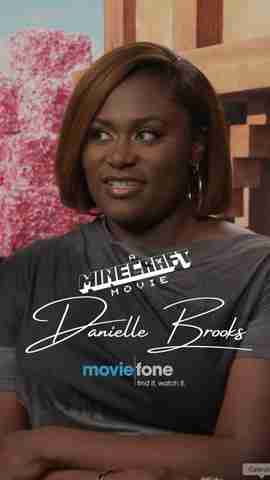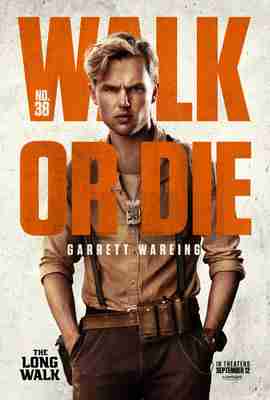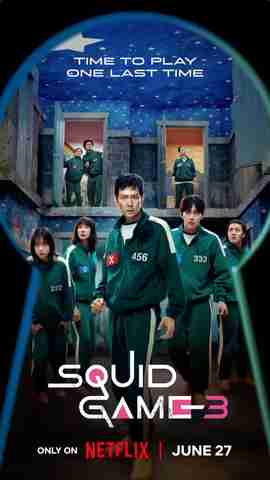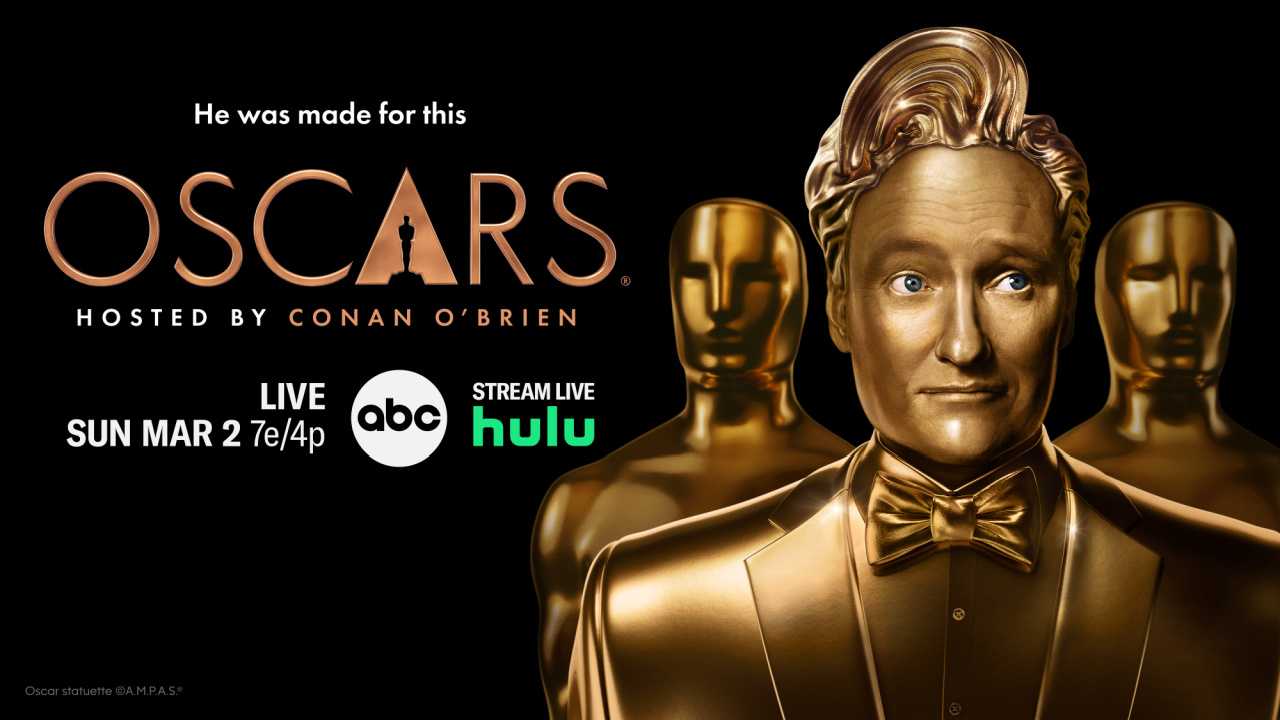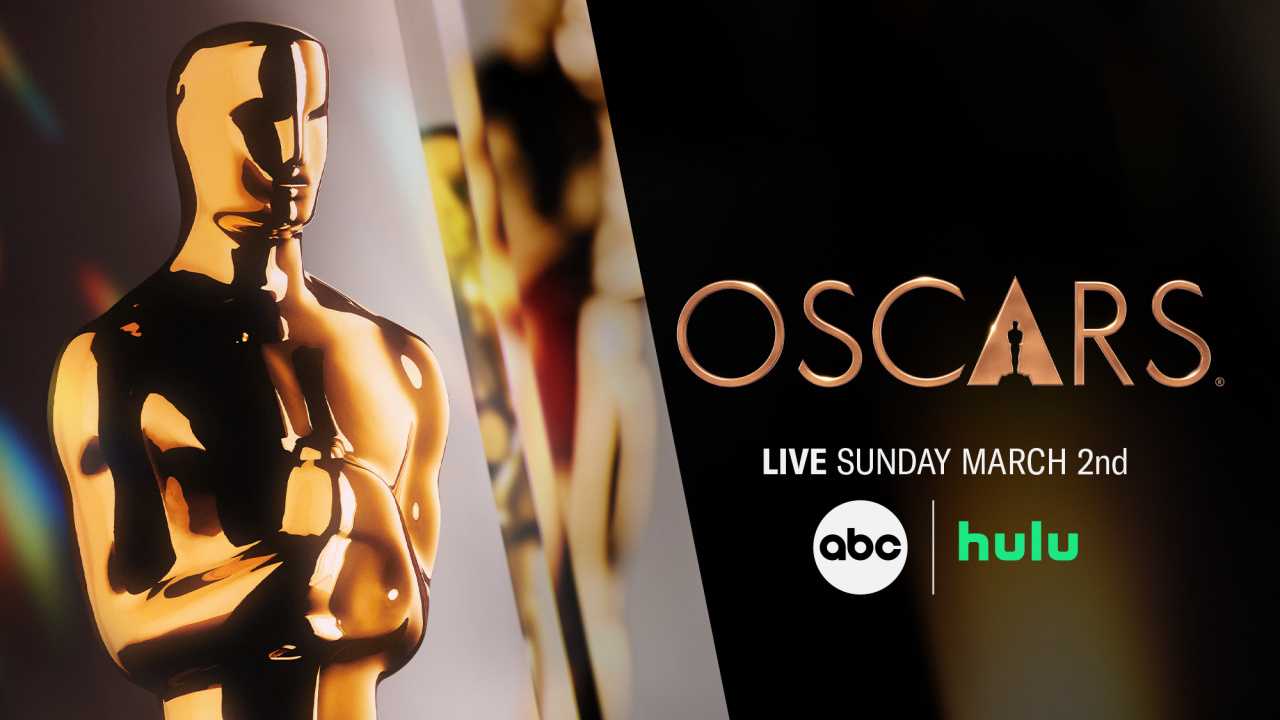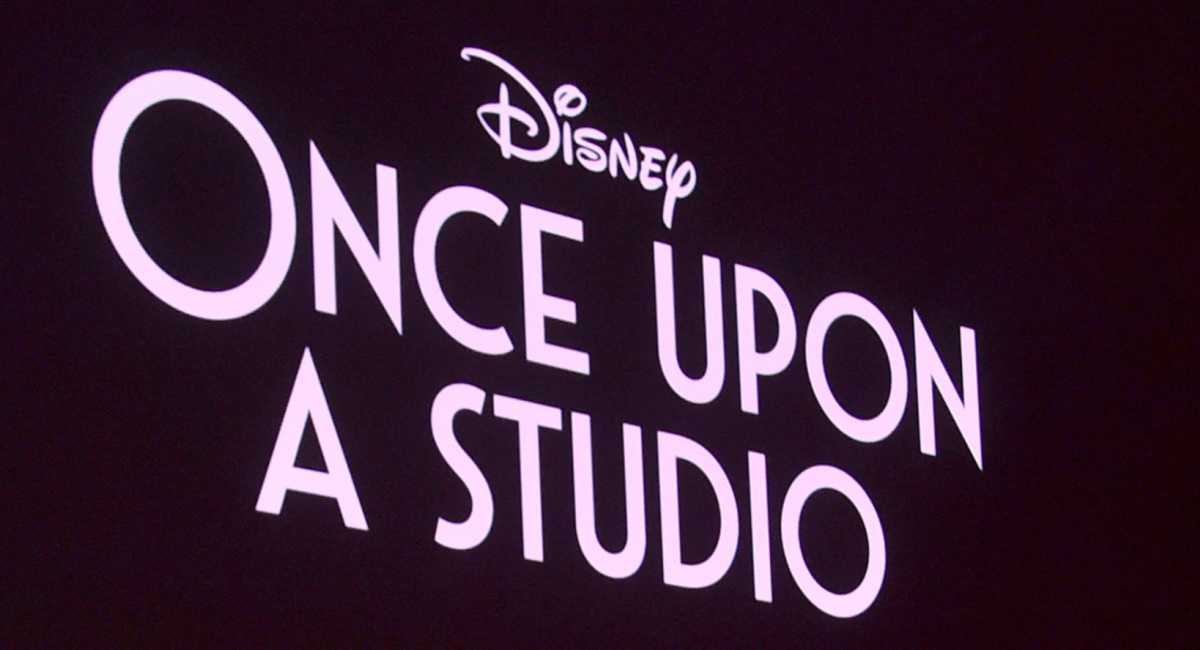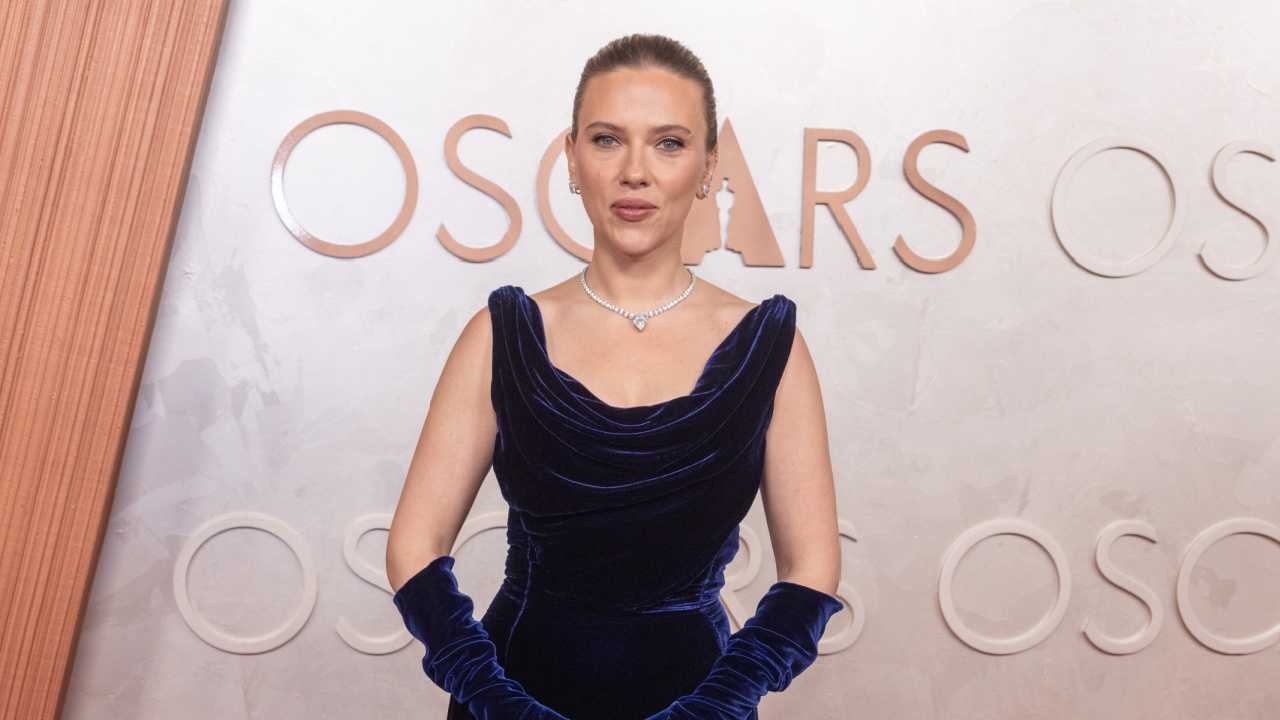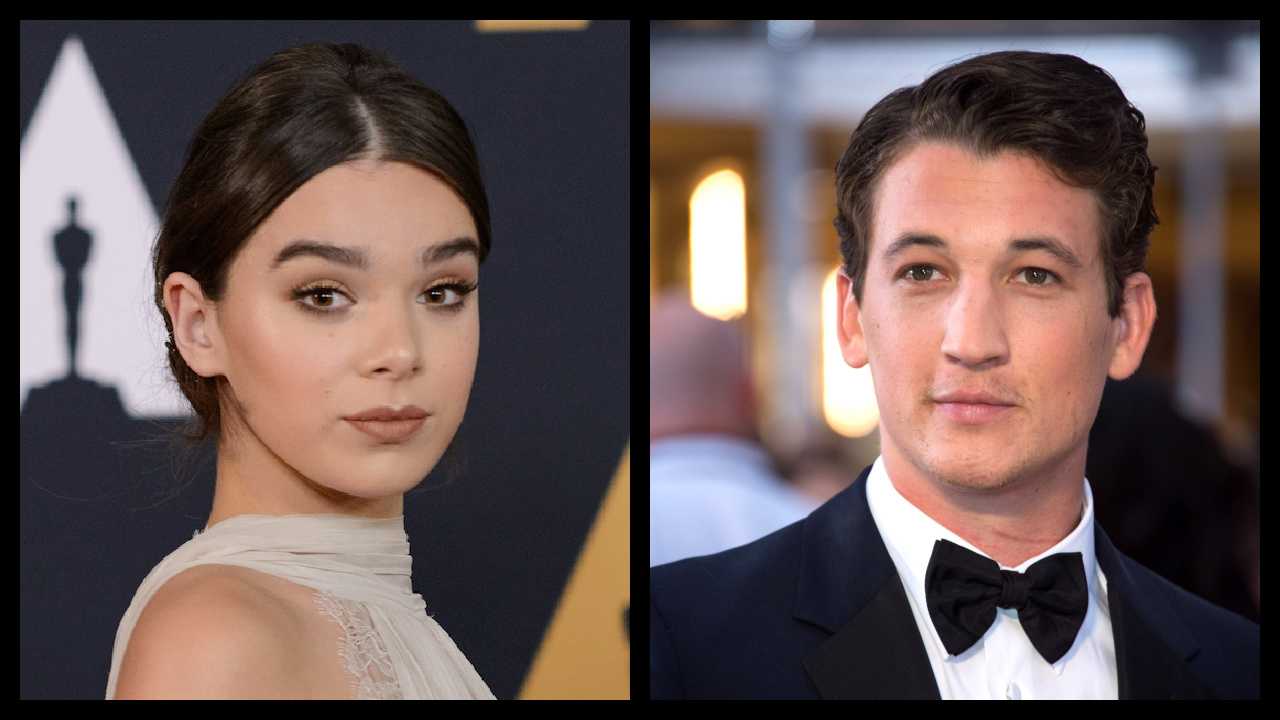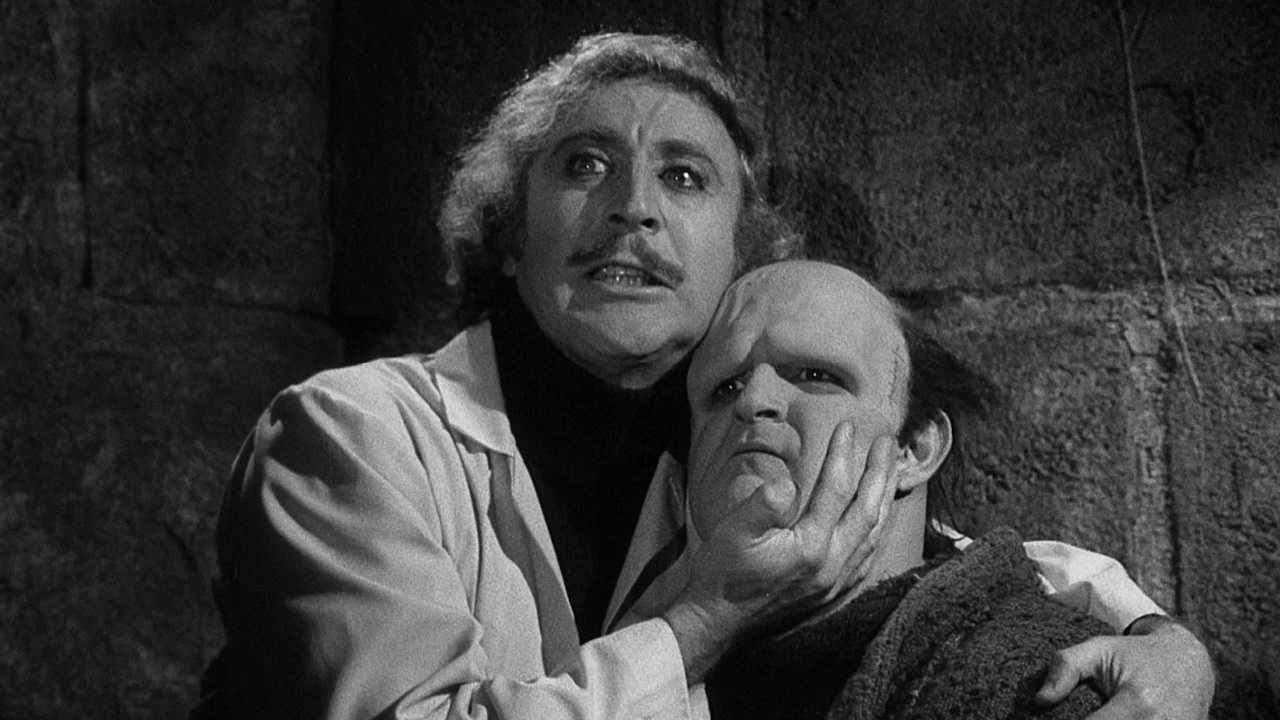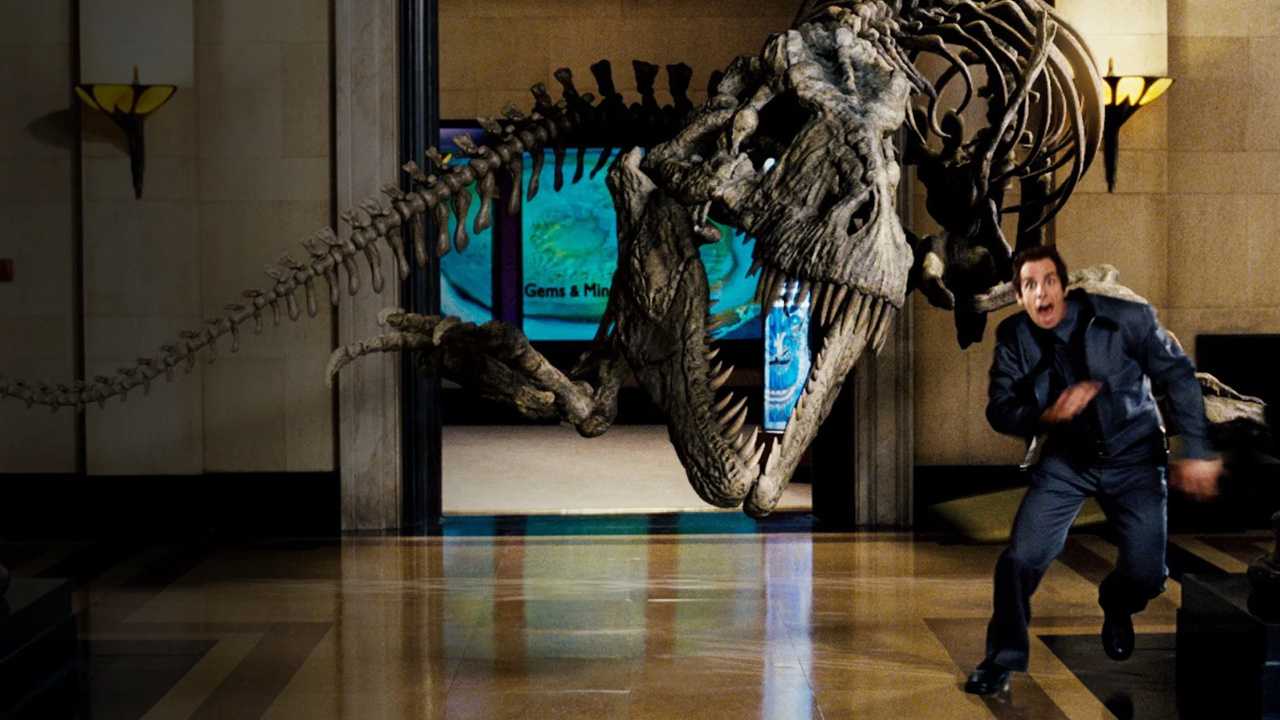How to Turn Your Life Story Into a TV Sitcom
Should we feel bad for Eddie Huang? The restaurateur whose memoir about his childhood inspired the current ABC sitcom "Fresh Off the Boat" went on a multi-post Twitter rant after this week's episode, complaining that, since the pilot, the show has drifted far from the reality of his own experience, to the point where "it got so far from the truth that I don't recognize my own life."
That's certainly unfortunate, even for a guy who received a tidy sum for the TV rights to his autobiography. No one wants to see his or her experience distorted and broadcast to millions. Then again, what did he expect? It's a network sitcom. It's generally going to avoid any bleak reality that can't be resolved in 22 minutes.
This sort of biographical distortion has been an issue for sitcoms since the dawn of television, since the format simply doesn't lend itself easily to the complexities and messy structure of an individual's real life. That hasn't stopped TV auteurs through the ages from trying to base sitcoms on their own lives or the biographies of others. The solution has usually been to create a highly fictionalized version of the person who inspired the show, with just enough real-life biographical details so that viewers recognize the character's source.
For instance, on "I Love Lucy," Lucille Ball and Desi Arnaz played characters who loosely resembled themselves, the Cuban bandleader and the ambitious redhead. Sure, Lucy RIcardo wasn't actually in showbiz like Lucille Ball (though she desperately wanted to be), but in her endless scheming, you can see the drive and persistence of the real Ball (who owned her show and was a pioneering TV producer), trying to make it in a sexist world that tended to belittle her efforts.
In another classic sitcom, "The Dick Van Dyke Show," Carl Reiner dramatized his life as a TV comedy writer and young suburban husband by creating the character of Rob Petrie and giving the role to Van Dyke. In other words, Reiner's approach was to play up all the funny parts of his life (and give them to a gifted comic performer) while leaving out the grimmer parts completely.
On "The Cosby Show," Cliff Huxtable was an obstetrician, not a comedian, but the family it portrayed (with four daughters and one son) was clearly based on Bill Cosby's own. Much of the dialogue was taken directly from Cosby's own autobiographical stand-up routines. But he was less interested in accurately depicting his own life than in offering universal situations everyone could appreciate.
The success of "Cosby" made possible "Roseanne," which was also based on its star's own autobiographical stand-up comedy routines. And those two shows, in turn , led to a slew of comedians getting deals to create shows out of their own stand-up material. (Many failed, with the noteworthy exception of "Seinfeld.") But of course, no matter how accurate these series were in conveying the lives of their stars back when they were still struggling, the shows ceased to be true-to-life the minute the stars became rich and famous. Today, IFC's "Maron" seems to be entirely about comedy podcaster Marc Maron's ambivalence about his own sudden mid-life success. But back in the 1990s, "Roseanne" was unique in trying to address this problem. In the final season, Roseanne Barr's character suddenly went from blue-collar striver to pampered diva... and everyone hated it.
One approach to the autobiographical sitcom was to go the opposite direction, away from verisimilitude and toward absurdity and surrealism. On "Curb Your Enthusiasm," Larry David is playing a version of himself, but one whose obnoxious behavior gets him into outlandish situations. On "30 Rock," Liz Lemon was clearly modeled on Tina Fey herself (the head writer at a sketch comedy show based at NBC's Rockefeller Center headquarters), but those basic biographical details were just a framework for relentless barrages of jokes and for flights of fancy that pushed past the boundaries of plausibility into cartoonish parody. "Bored to Death," which ran three seasons on HBO, was about a Brooklyn writer named Jonathan Ames (played by Jason Schwartzman), just like the show's creator, but the real Ames does not moonlight as a private eye. And current ABC hit "The Goldbergs" -- ostensibly drawn from the home movies of series creator Adam Goldberg's childhood -- is set in a fantasy version of the 1980s in which all the decade's pop cultural landmarks (from "Ghostbusters" to New Kids on the Block) seem to have occurred simultaneously.
There has been an explosion in recent years in autobiographical and biographical sitcoms; indeed, the TV graveyard is littered with such series, many of which lasted less than a season ("Partners," "Ben and Kate," "How to Live With Your Parents for the Rest of Your Life," "Growing Up Fisher.") Currently on the chopping block is "The McCarthys," which creator Brian Gallivan based on his own family. It's a good illustration of how hard it is to make a sitcom that's true to one's own life. Before the show even debuted, Gallivan told reporters that the sitcom required him to add character flaws to his relatives for dramatic purposes, that the show didn't work without a laugh track, and ""that sitcoms also require heartwarming moments so I had to add those." As far as Gallivan's experiences as a gay man in an often hostile environment, he said, "I know there are dark sides of that, but I feel there are dramas, and other shows, that can handle that better than we can."
At least there are other gay characters in sitcom-land. Much has been written, however, about how "Fresh Off the Boat" is only the second sitcom -- and the first in more than two decades, since Margaret Cho's semi-autobiographical "All American Girl" -- to address the Asian-American experience. (As if there's only one such experience.) So the show has an especially large burden to bear; it has to represent not just Huang's experience but that of all Asian-American families. Cho has written and spoken extensively about how her show failed in part because ABC made her rely on tired stereotypes. Two decades later, "Fresh" makes a point of subverting those stereotypes. Still, as Huang tweeted, "I'm happy people of color are able to see a reflection of themselves through #FreshOffTheBoat on @ABCNetwork but I don't recognize it."
It must be tough to be the only sitcom out there representing the experiences of a particular group of viewers, without any others to share the burden. Right now, also on ABC, "Cristela" is a modest new hit, based on the life of its star, comic Cristela Alonzo. Unlike Huang, Alonzo has said she insisted on -- and got -- complete creative carte blanche from ABC to make the show as true to her family's lives, and to the lives of Hispanic Americans, as she wished Then again, the striving, struggling Cristela on the series isn't in showbiz; she's in her sixth year of law school. Still, even if "Cristela" isn't drawing the kind of complaints from its creator or its viewers that "Fresh" is, it's still trying to do a lot more than a network sitcom should be expected to do.
Thursday night, two season premieres on FX offered yet another approach. First up was the series debut of "The Comedians," with Billy Crystal and Josh Gad playing themselves -- two comic actors putting together a comedy series for FX. Of course, we've learned over the years, on series from "The Larry Sanders Show" to "Entourage" to "Episodes," that the stars who appear on sitcoms as themselves are usually playing the least flattering version of themselves, for comic purposes. So "The Comedians" may have only a glancing connection to Crystal and Gad's real lives.
And then there was the Season 5 premiere of "Louie," maybe the only half-hour comedy that has figured out how to portray its source's life, warts and all, and come off as both entertaining and true to life. Louis C.K.'s show is autobiographical when it wants to be and clearly fanciful at other times. It also doesn't always feel the obligation to be funny, but rather to mine bleak events for drama as well. And the stories are as long or short as they need to be, whether it's 12 minutes or six episodes. In other words, to reflect his own life, C.K. has had to push the boundaries of what a sitcom can do -- to the point where it's barely recognizable as a sitcom any more.
It's doubtful that a network would embrace a show like "Louie" that's so mercurial in form and tone, but if the next Eddie Huang wants a series that's true to his own life and still occasionally funny, maybe a "Louis"-type show, a sitcom-plus, is the way to go.

